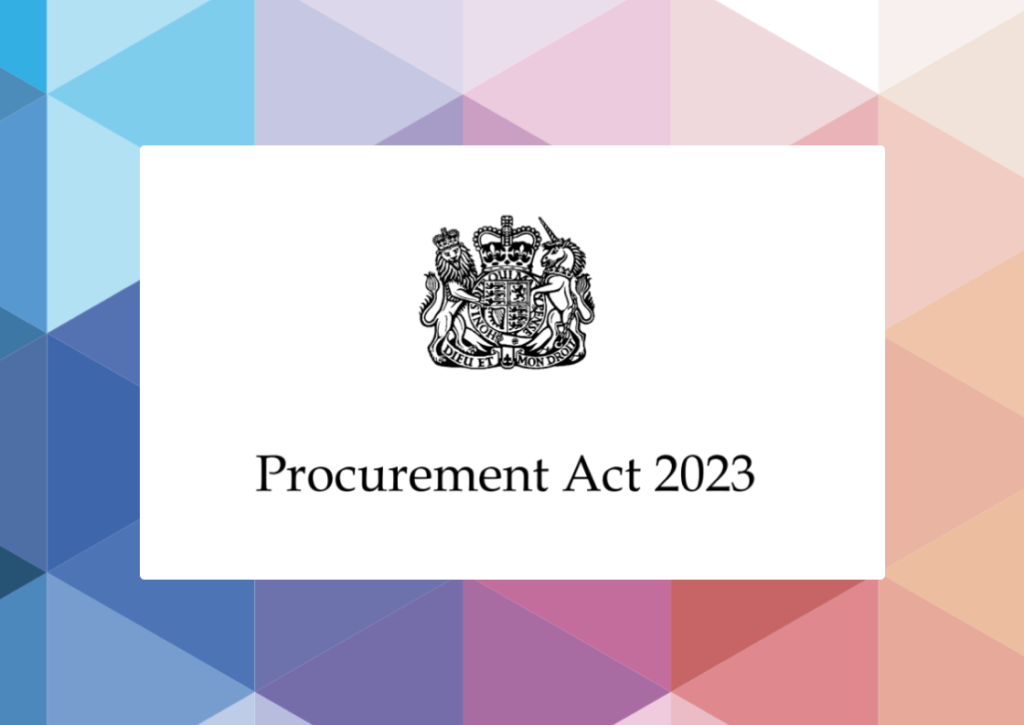[vc_row][vc_column][vc_column_text]Last week it was announced that the Procurement Act 2023 received Royal Assent – which was also included in the King’s first speech to Parliament – and is now on the statute books. This means that the Act is now in final form and, when it comes into force, which will likely be in October 2024, it will have a significant impact on those working in public procurement.
There have also been new procurement thresholds issued, which will apply from 1 January 2024.
The main outcomes from the proposed Procurement Bill are that there will be just two categories of competitive procedures (as opposed to the current five): Open Procedure and Competitive Flexible Procedure. This will give contracting authorities greater scope to shape the process to best meet their needs but the less prescriptive approach will make it necessary for authorities to still abide by principles of transparency and fairness.
There is also a proposed shift in the way tenders should be assessed and awarded. The Bill requires tenders are awarded to the ‘most advantageous tender’ and contracting authorities can take a view on what best value means to them such as environmental, social value or qualitative.
Furthermore, contracts valued over £5million must be formally performance assessed every 12 months through at least three KPIs.
These are by no means the only changes; as you can imagine, the introduction of a new Bill brings new ways of working, complications and it’s critical that public sector organisations ensure they meet the new standards and rules when they come into play.
The approach to transition is not yet confirmed, however it’s likely that the approach will mirror that taken when the Public Contracts Regulations 2015 (PCRs) came into force; that any procurement ‘commenced’ prior to the relevant go live date will continue to be governed by the PCRs and procurements that commence on or after the go live date, will be regulated by the Procurement Act 2023.
There is also a long road from here to commencement of the new regime (currently expected to be in October 2024). Secondary legislation needs to be drafted and finalised, and the government is intending to run a series of training events and publish guidance and resources through Autumn 2023 into Spring 2024. It has also committed to a six month notice period once all the legislation is finalised, to allow authorities and suppliers to prepare.
We have hosted a training session which all our Consultants attended, together with our legal partners, to ensure we are ready to help public sector bodies navigate the revised rules. In addition, Joe Parfitt, our Education Consultancy Director, and Candice Finn, our Commercial Development Director, will be attending the Procurement Act Expo in Birmingham in March and our Consultants will also have the opportunity to attend.
If you’d like support in this area, please get in touch
The Litmus team[/vc_column_text][/vc_column][/vc_row]











